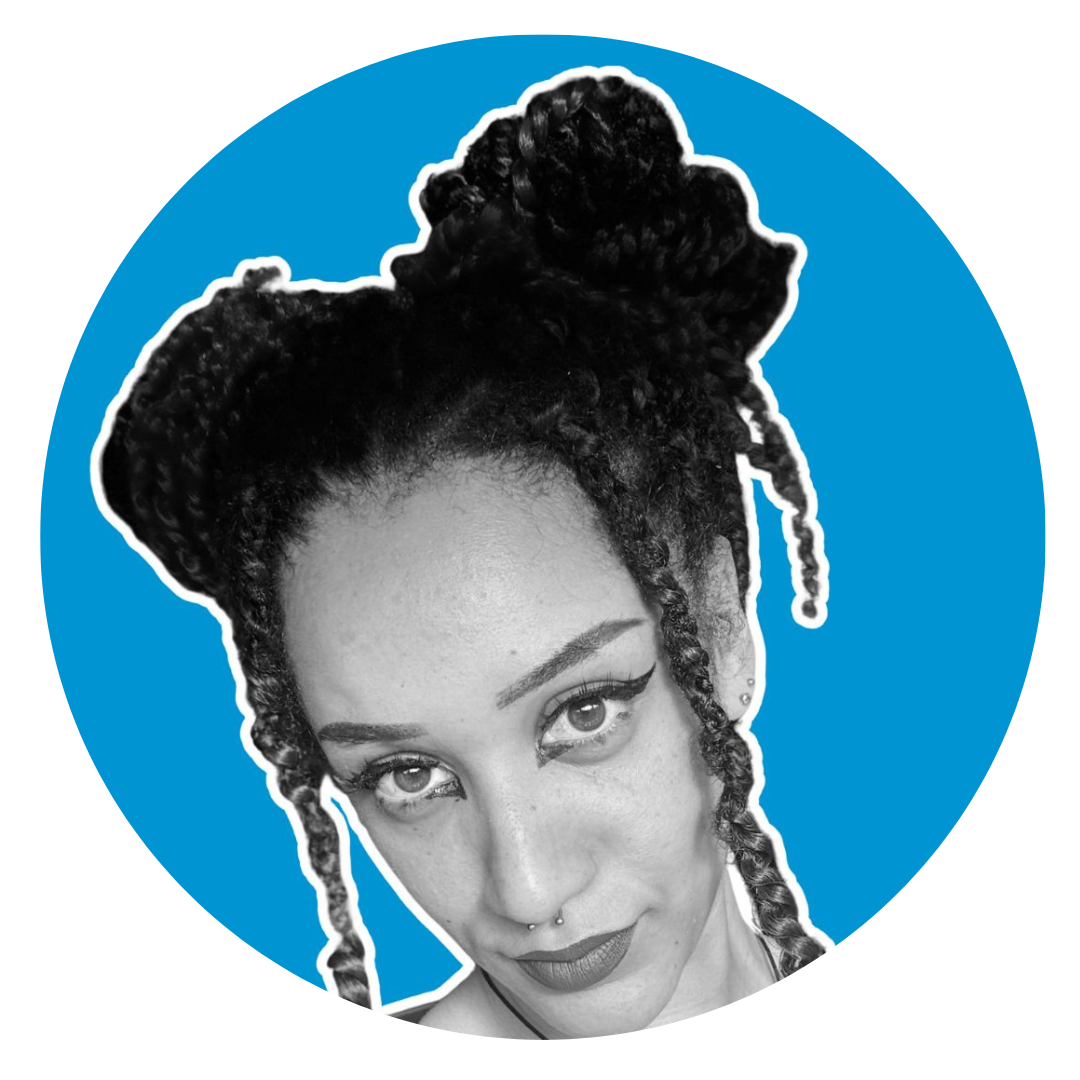
By
Alicia Edwards
May 16, 2023
Updated
September 12, 2024
 What is a coding interview?
What is a coding interview?
A coding interview is a crucial aspect of the hiring process for software development positions. It's designed to assess a candidate's technical abilities and problem-solving skills. During this interview, candidates are asked to solve programming problems in real-time, often using a collaborative editor or whiteboard.
This comprehensive guide will explore common interview questions and breakdown the process of an in-person coding interview.
How long does a coding interview last?
Typically lasting 30 to 45 minutes, coding interviews can be intimidating for both novices and experienced developers alike. However, thorough preparation and understanding the key concepts are crucial for success in these onsite interviews.
It's worth noting that coding interviews generally come in multiple phases. The technical questions may vary based on the tech companies or the role. Candidates should be ready to tackle a range of technical interview questions and challenges.
What are the key features of a coding interview?
In a coding interview, the interviewer presents the candidate with a problem and asks them to write code that solves the issue. The interviewee writes the code in real-time, in a collaborative editor, or on a whiteboard, within a specified time, usually 30 to 45 minutes. The interviewer may ask questions to understand the candidate's thought process during the exercise.
Here are a few key features of a coding interview:
- Testing problem-solving skills
- Evaluating coding proficiency
- Understanding a candidate’s thought process
- Time-limited exercise
It is important to prepare for a coding interview by practicing technical questions, improving one's programming skills, and developing effective communication to explain one's thought process to the interviewer.
Remember that during an interview, it is also essential to explain what you are doing and why. This helps demonstrate your understanding of the problem and allows the interviewer to assess your problem-solving skills more accurately.
Types of Coding Interview Questions
There are various types of coding interview questions, which examine different aspects of a programmer's skills. The main categories include algorithmic problems, data structures, and system design. In this section, we will explore each of these categories in more detail.
Algorithmic
Algorithmic questions focus on assessing a candidate's ability to develop efficient solutions to given problems. They typically involve writing code that solves a particular problem or performs a specific task, such as searching and sorting.
During an algorithmic coding interview, candidates need to showcase their problem-solving skills and ability to write clean, efficient, and readable code. Examples of algorithmic challenges include:
- Finding the shortest path between two nodes in a graph
- Sorting a list of numbers using a specific algorithm
- Implementing a solution for a classic problem like the knapsack problem or the traveling salesman problem
Data structures
Data structures questions evaluate a candidate's knowledge of data structures, their properties, and common operations. Understanding how to use data structures effectively is essential for efficient programming and problem-solving.
Candidates should demonstrate their ability to choose the appropriate data structure for a given problem and implement it in code. Examples of data structures questions include:
- Implementing a stack or a queue using an array or a linked list
- Designing and building a hash table from scratch
- Using a binary search tree to store and retrieve data efficiently
System design
System design questions focus on evaluating a candidate's ability to design and structure complex software systems or components. These questions often involve designing a system that meets specific requirements such as scalability, performance, and reliability.
Candidates should demonstrate their understanding of system architecture, design patterns, trade-offs, and best practices. Examples of system design challenges include:
- Designing a distributed database system that can handle large amounts of data
- Creating an API for a mobile app that communicates with a server-side application
- Optimising a web application for high performance and low latency
How should you prepare for a coding interview?
In a coding interview, candidates are assessed on their knowledge of programming fundamentals, algorithms, system designs, syntax, and data structures. Tech companies will be looking for specific candidates with advanced coding skills to fulfil the vacancy.
During the interview process, the interviewer may also ask behavioural questions to assess your fit within the company culture.
To ace these assessments, it's important to be well-versed in relevant programming languages and concepts such as data structures, algorithms, and problem-solving strategies.
Coding practice
To excel in a programming interview, develop your problem-solving technical skills by practising algorithm problems, focus on the following areas:
- Arrays
- Binary trees
- Dynamic programming questions
- Graphs
- Linked lists
Mock interviews
Participate in mock interviews to simulate real interview experience. Find a website that offers mock interviews and complete those several times insight into the interview process and common interview questions.
Having prior knowledge of common questions for this type of job interview will only enhance a candidate's interview skills and prepare them for future tech interviews.
Having good time-management
Efficient time management is essential for a successful tech interview.
- Allocate enough time for each element
- Communicate your thought process clearly to the interviewer during problem-solving
Conclusion
Overall, a coding interview is a critical part of the hiring process for software developers and engineers. The technical interview questions asked provide an opportunity for candidates to prove their specialised abilities in a practical environment.
A candidate providing insight into their hands-on experience during the job interview process will help interviewer's understand their technical knowledge and level of experience. Understanding these interview techniques is the first step towards securing a job within the coding industry.
